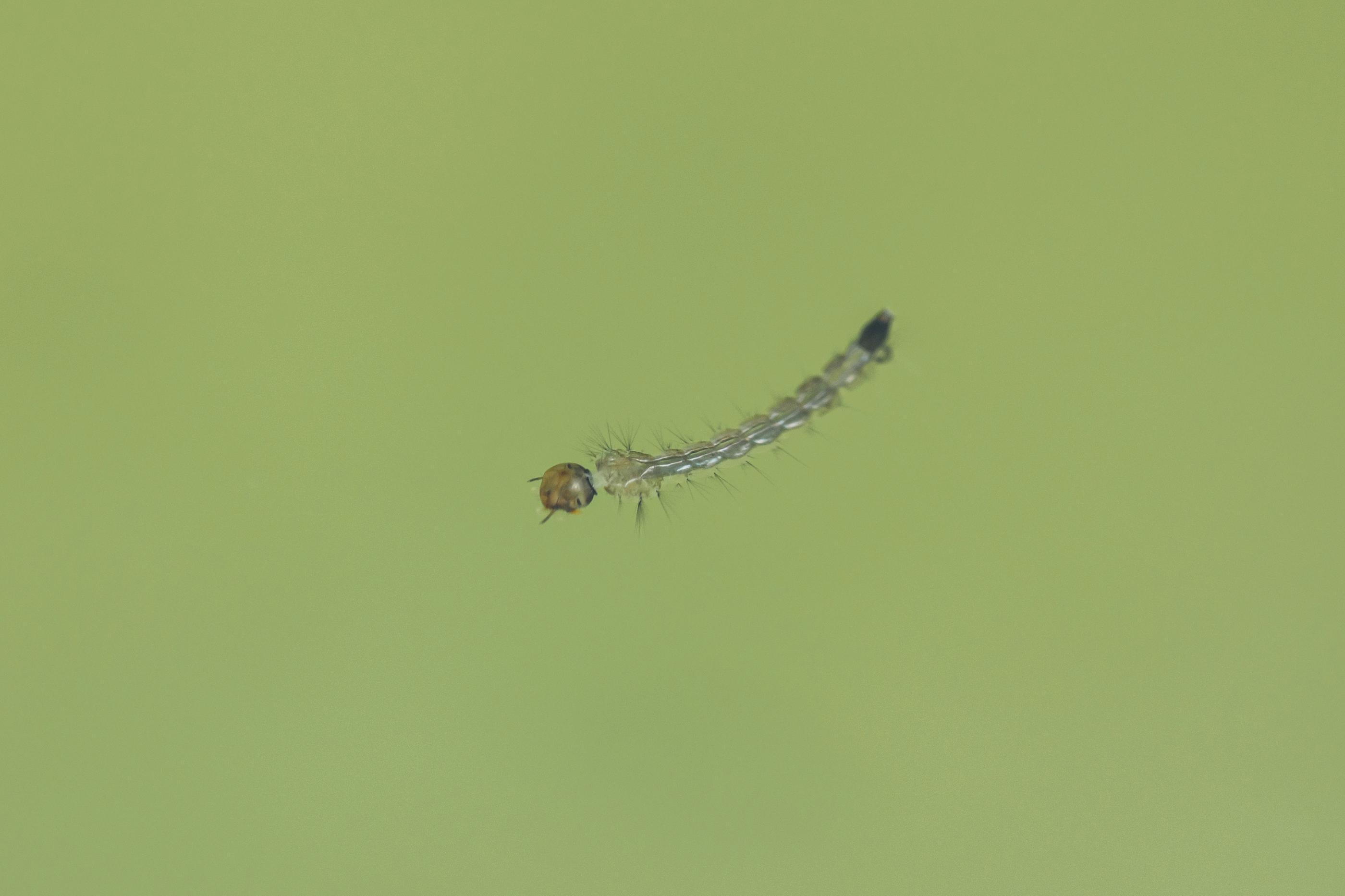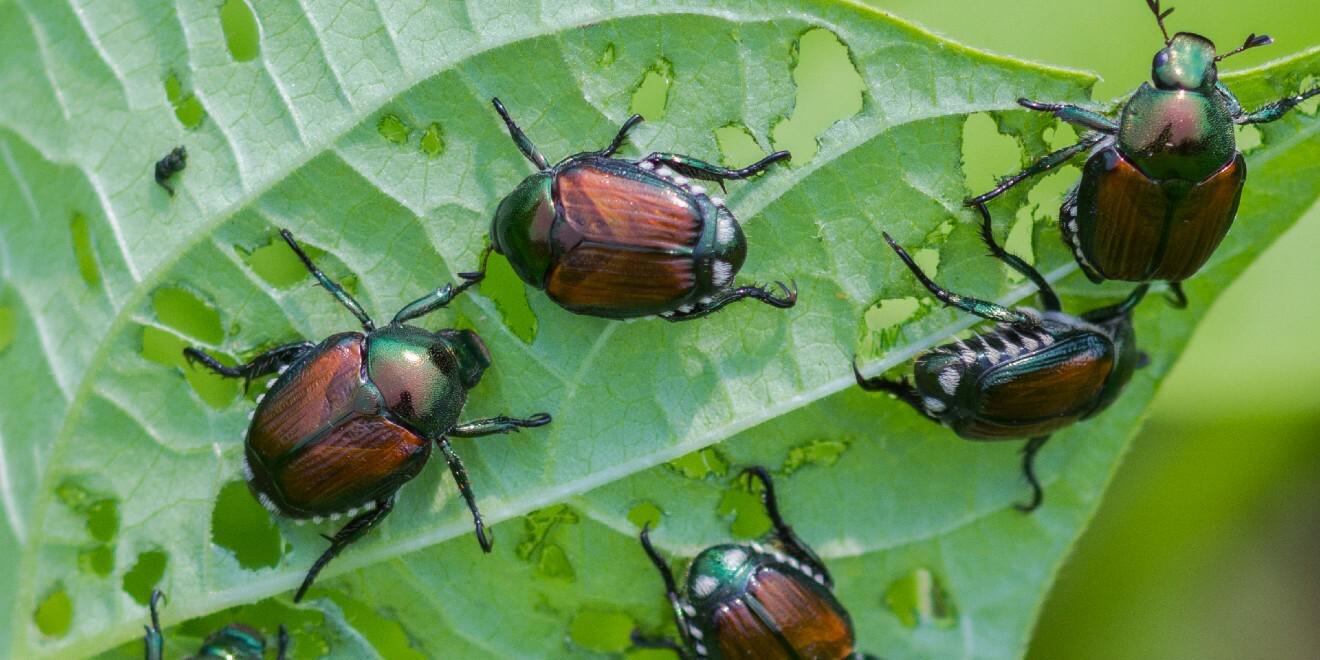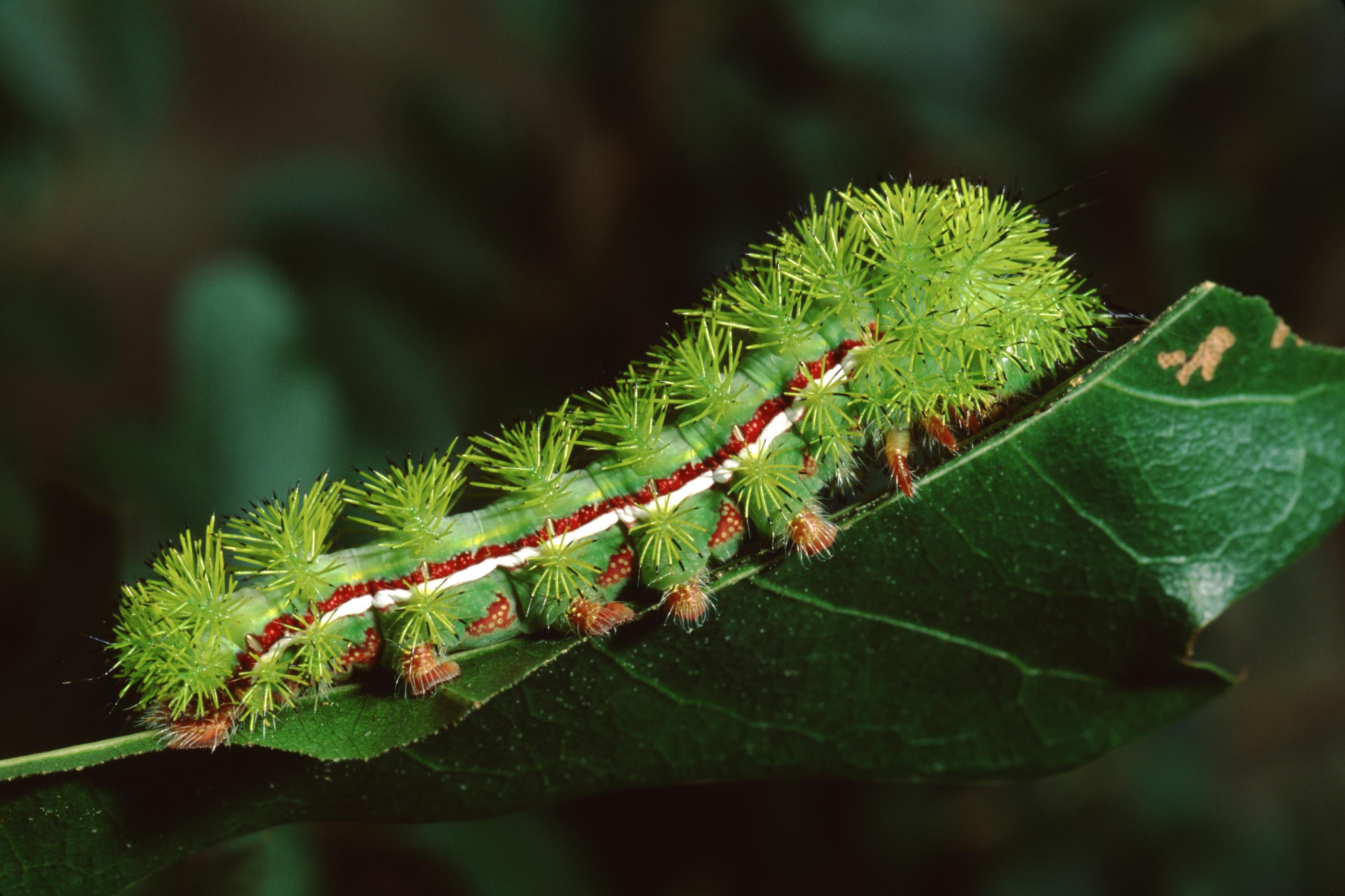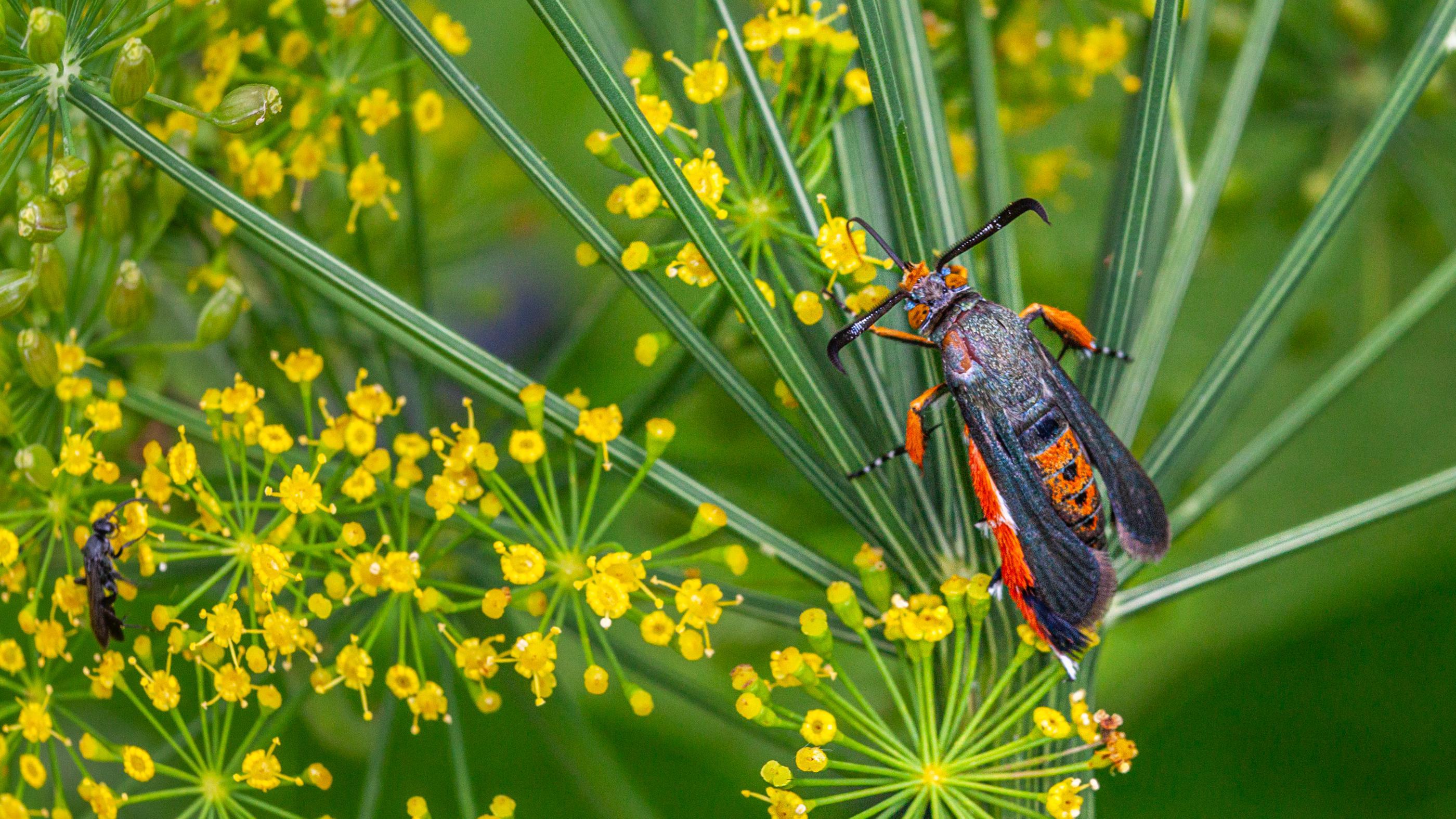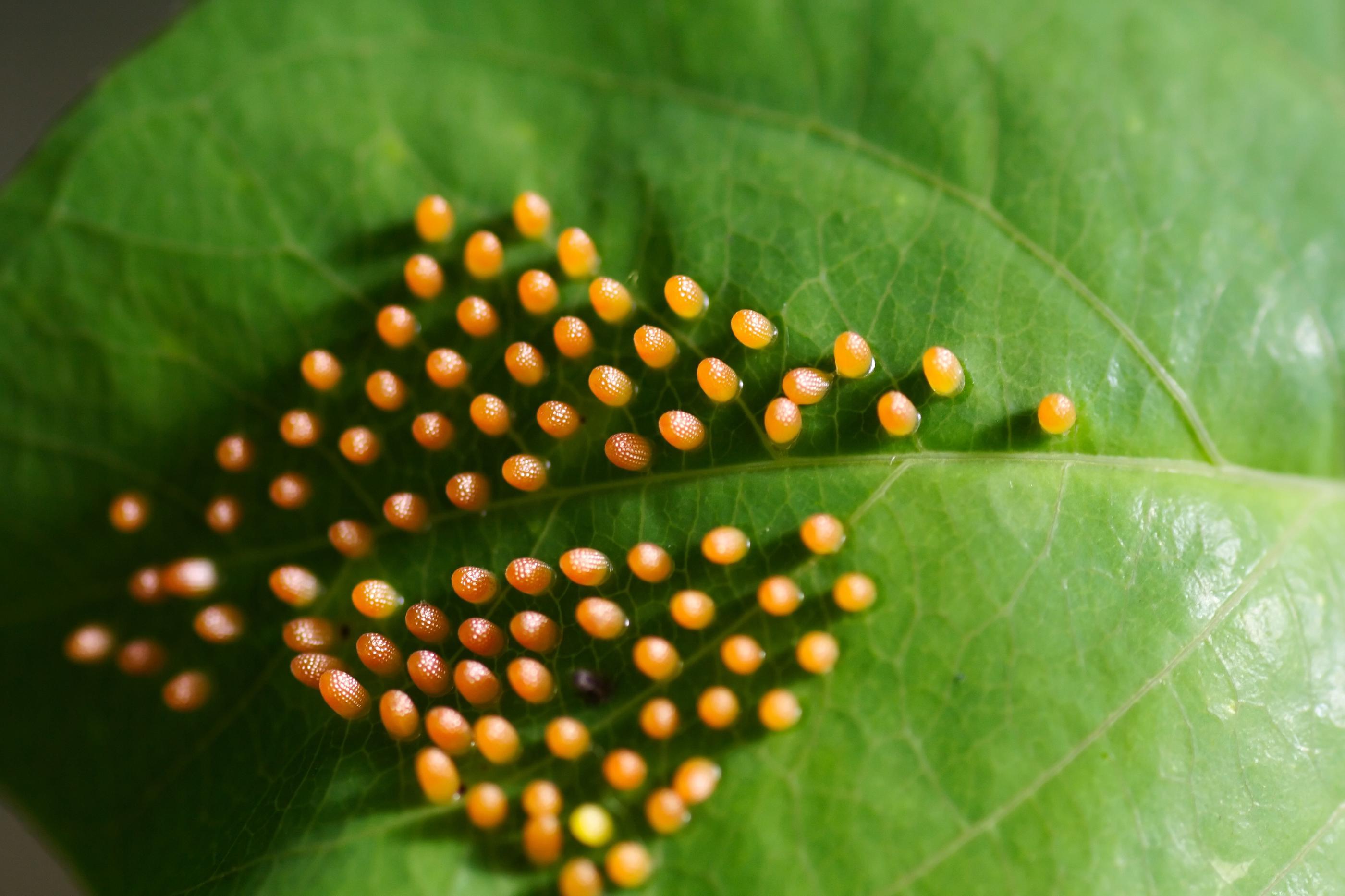Mosquito Predators
Posted by Mosquito Squad
December 19, 2023
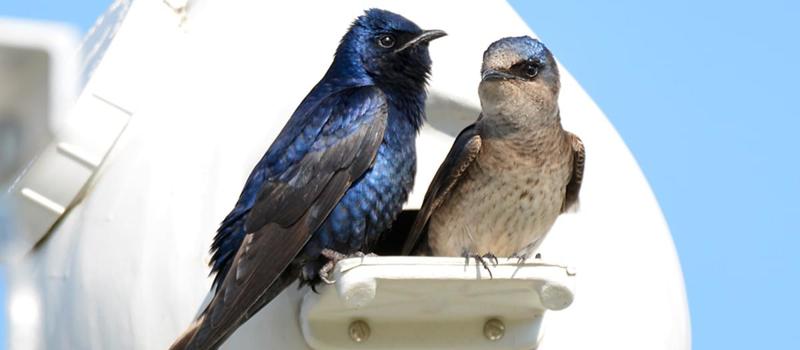
Everyone wants to know how they can get rid of mosquitoes naturally, and predators always come up in the discussion. Mosquitoes have many natural predators; purple martins, bats, mosquito fish, dragonflies and others. Unfortunately, most of these predators are not terribly effective, except around permanent bodies of water.
Purple martins are often mentioned as birds that eat “thousands of mosquitoes” and it’s true that they do eat mosquitoes, but like most predatorsthey prefer larger prey. A nice fat insect like a fly, moth, dragonfly, butterfly or June bug will give a purple martin a lot more bang for the buck than a skinny little mosquito, so those are the kinds of insects they will target. Also, purple martins tend to feed high up in the air,far over the height where most of the mosquitoes we are interested in spend their time. The mosquitoes that bite humans don’t generallygo any higher than about 20 feet in the air. So purple martins do eat mosquitoes, but they only make up about three percent or less of their diet.
Bats are thought to be great mosquito predators, but the same story is true for them as for the purple martins. Even though we have millions of bats in the Austin area, for most of them, less than one percent of their diet is mosquitoes. In fact, studies of bat guano often show mostly undigested beetle and moth wings. Even if they are not ideal mosquito predators, there are plenty of them, and the bats in the Austin area do make an impact on mosquito populations, as well as many agricultural pests.
The Western mosquitofish, on the other hand, is very effective at mosquito control. These little fish, which measure only 1.5" to 2.5" long, are thought to be native Texans. Their scientific name is Gambusia affinis, and they bear live young and can reproduce up to five times per year. This means lots of hungry baby fish! They feed on aquatic invertebrates, particularly mosquito larvae!. They can eat over 150% of their body weight a day and their high breeding rate and voracious appetites make them ideal for mosquito control in ponds and stagnant water. Mosquito Squad of North Austin can supply these little fish to customers who request them.
Dragonflies and damselflies are also good natural predators of mosquitoes through all stages of their lifecycle. Like mosquitoes, dragonfly and damselfly larvae are aquatic, and the former is hunted by the latter. Adult dragonflies and damselflies feed on adult mosquitoes. Seeing these beautiful insects around your pond means you are getting natural mosquito control! Other pond critters, such as frogs and toads, will feed on both adult and larval mosquitoes. Having a varied environment in your pond that supports dragonflies, frogs, toads and mosquito fish will help the mosquito control in your yard.
Each of these predators makes a dent in the mosquito population, and they are all assets to your yard, controlling other pests and adding beauty and interest to the natural environment. They may not be enough to keep us comfortable, but they are good to have around!

